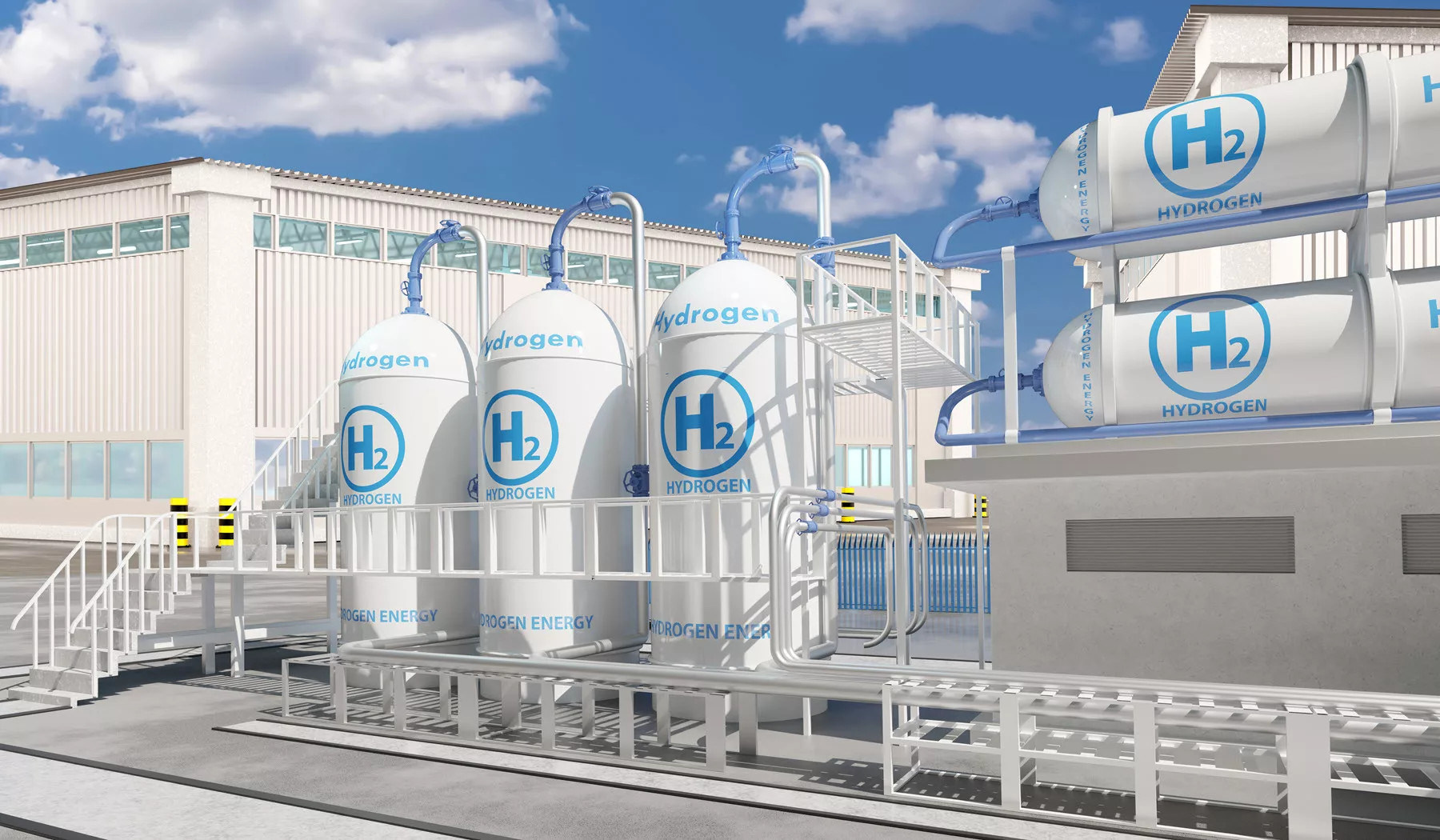
With the growth of the clean energy economy, and a heavy focus on hydrogen, green energy and water resources have sparked concern in local economies. Most concerns focus on the belief that there will be a major increase in water consumption and that there are negative environmental impacts from desalinat ion . For the most part, these fears come from a lack of information being shared and a lack of knowledge about the production process of green hydrogen. Both of these factors are understandable because H2 production is still a nascent technology and not something that the general public has much experience with.
As a key player in both hydrogen production and fuel cell development, Dynapower is excited about the new opportunities green hydrogen provides, both economic and environmental. With green hydrogen becoming a major presence as a clean alternative for industries that are heavily fossil fuel-dependent, we thought it would be valuable to recommend some well-informed and thoughtful sources of up-to-date information regarding green hydrogen. The hope is to help provide materials to educate groups and communities as they join the green hydrogen economy and allay some of the concerns stemming from a lack of information.
I would recommend consulting any or all of the sources I listed in my previous posts – they all provided valuable information and can expand on the points I’ve made. In addition, there are some great organizations out there where you can find more information about green hydrogen production:
- Green Hydrogen Coalition (GHC) : The Green Hydrogen Coalition is an educational nonprofit organization. With core values including integrity and environmental justice, GHC’s mission is to make it easier to improve and adopt green hydrogen production in “all sectors where it will accelerate the transition to a carbon free energy system.” They have a variety of educational resources, which can be found here .
- Office of Energy Efficiency & Renewable Energy (EERE) : The EERE is the part of the Department of Energy Hydrogen Program in charge of green hydrogen education. The goal of the DOE Hydrogen Program is to reduce the use of fossil fuels and “to contribute to a more diverse and efficient energy infrastructure by enabling the widespread commercialization of hydrogen and fuel cell technologies.” They have a webpage with resources for a variety of audiences, which can be found here . These include factsheets for non-technical audiences, documents for safety and code officials, documents for state and local governments, and lesson plans for students and educators.
- Clean Energy Group (CEG) : The Clean Energy Group is a national nonprofit organization that aims to “accelerate an equitable and inclusive transition to a resilient, sustainable, clean energy future” by acting as a group that provides information to communities, government leaders, and nonprofit advocates at the forefront of the transition to clean energy. The CEG’s hydrogen education resources focus on issues with ongoing solutions and the possible dangers of misusing hydrogen. For example, the Hydrogen Areas of Concern page discusses processes that would benefit from improved efficiency, as well as how hydrogen fuel cells have safer emissions than hydrogen combustion. This organization has great information to help low-income communities and communities of color be active in local green hydrogen usage and production. Information from the CEG can be found here .
Local support is key to successful green hydrogen production, but it is difficult for people to support what they don’t understand. Hopefully, these resources will help combat such concerns. Information is power, and we at Dynapower hope you choose to power ahead boldly with us as informed supporters of the green hydrogen economy!